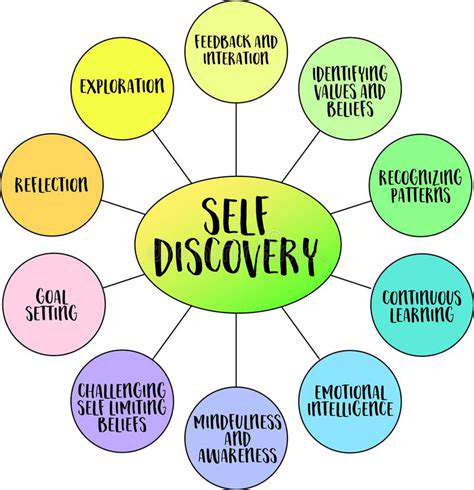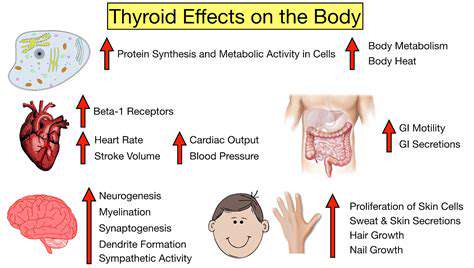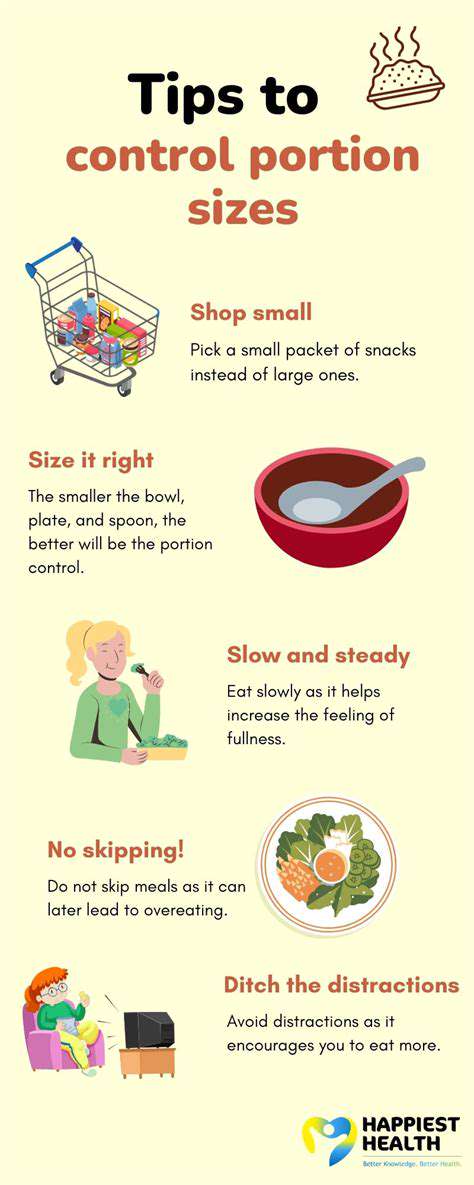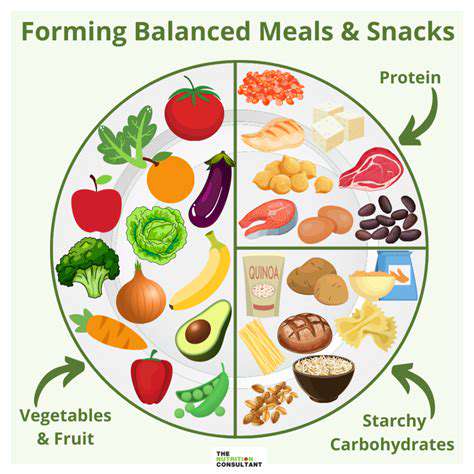Whole30 and Emotional Eating: A Healing Journey
Understanding Emotional Eating
Emotional eating is a complex behavior where people use food to manage feelings rather than dealing with the real problems. It often happens when someone feels stressed, anxious, sad, or just bored. This habit can create a cycle of overeating, weight gain, and more emotional struggles. To break free, it's important to understand why emotional eating happens in the first place.
Many times, this behavior starts in childhood or comes from past emotional pain. Food becomes a quick fix during tough times, offering temporary comfort. Spotting this pattern is the first step toward making real changes.
The Role of Stress in Emotional Eating
Stress—whether from big life events or daily pressures—often triggers emotional eating. Without other ways to cope, people may turn to food for relief. Long-term stress makes this habit worse, creating a hard-to-break cycle. Having healthy alternatives like exercise, mindfulness, or support from others can help stop this pattern.
How Whole30 Can Help
The Whole30 diet, while mainly for physical health, also helps with emotional eating. By cutting out processed foods and sugar, it reduces cravings and keeps blood sugar steady. This stability makes it easier to notice when you're eating from emotions rather than hunger.
Whole30 teaches mindful eating, helping people tune into their body's real needs. This awareness is key for breaking the emotional eating cycle.
Mindful Eating and Emotional Regulation
Mindful eating works well with Whole30. By focusing on how food makes you feel, you can spot emotional triggers. Techniques like meditation and deep breathing help manage feelings without using food as a crutch.
Developing Healthy Coping Mechanisms
Whole30 isn't just about food—it's about finding better ways to handle emotions. Exercise, nature time, creative hobbies, and self-care all help. Combining these with Whole30 creates a full plan for emotional health. Professional support can also make a big difference.
Whole30: A Framework for Self-Discovery

Understanding the Whole30 Framework
Whole30 focuses on whole, unprocessed foods during a 30-day reset. The temporary removal of certain foods helps identify how they affect your body and mood. This isn't meant to be forever—it's a learning tool.
By cutting out grains, legumes, dairy, and added sugars, the body gets a chance to reset. This phase reveals personal food sensitivities and preferences.
Navigating the Challenges and Benefits of Whole30
Many people report better digestion, steady energy, and improved mood on Whole30. Cutting processed foods often leads to these benefits. However, the strict rules can be tough, especially in social situations. Having support makes it easier to stick with the program.
Despite challenges, the focus on whole foods teaches valuable lessons about how food affects wellbeing. The mindfulness skills learned can lead to a healthier long-term relationship with food.
Beyond the Food: Cultivating Emotional Wellness
Understanding the Root of Emotional Eating
Emotional eating goes deeper than just stress snacking. It's often tied to unmet needs or past experiences. Journaling or therapy can help uncover these deeper connections.
The Whole30 Approach: Shifting Focus from Food to Feelings
While Whole30 changes what you eat, it also changes how you think about food. Removing certain foods makes it easier to notice emotional eating patterns.
Connecting Food and Mood: A Deeper Dive
What we eat directly affects how we feel. Processed foods can cause mood swings, while nutritious foods support emotional stability. Understanding this link helps make better choices.
Mindful Eating and Emotional Regulation
Paying full attention while eating helps break automatic emotional eating. Noticing hunger cues and emotions without judgment creates healthier habits.
Finding Healthy Alternatives to Emotional Eating
Replacing food with other activities—like walking, art, or talking with friends—builds better coping skills. These alternatives address emotions directly rather than covering them up with food.
The Role of Stress and Emotional Eating
Stress hormones trigger cravings for comfort foods. Managing stress through meditation or hobbies reduces the urge to eat emotionally.
Sustaining Emotional Wellness Beyond Whole30
The skills learned during Whole30—mindful eating, stress management, emotional awareness—last beyond 30 days. Continuing these practices supports long-term emotional health.
Nourishing Your Body and Mind: A Holistic Approach

Nourishing Your Body
Good nutrition supports both body and mind. A balanced diet with plenty of whole foods provides energy and strengthens immunity. Staying hydrated is equally important for overall function.
Mindfulness and Meditation
Regular mindfulness practice reduces stress and improves focus. Even short daily meditation sessions can create noticeable mental clarity.
Physical Activity and Exercise
Movement benefits both physical and mental health. Exercise releases mood-boosting chemicals while strengthening the body. Finding enjoyable activities makes it easier to stay consistent.
Prioritizing Sleep
Quality sleep is essential for recovery and mental sharpness. A consistent bedtime routine supports better sleep patterns. Most adults need 7-9 hours nightly for optimal function.
Social Connections and Support Systems
Strong relationships protect emotional health. Meaningful connections provide support during challenging times. Don't hesitate to reach out when needing help—it's a sign of strength.






